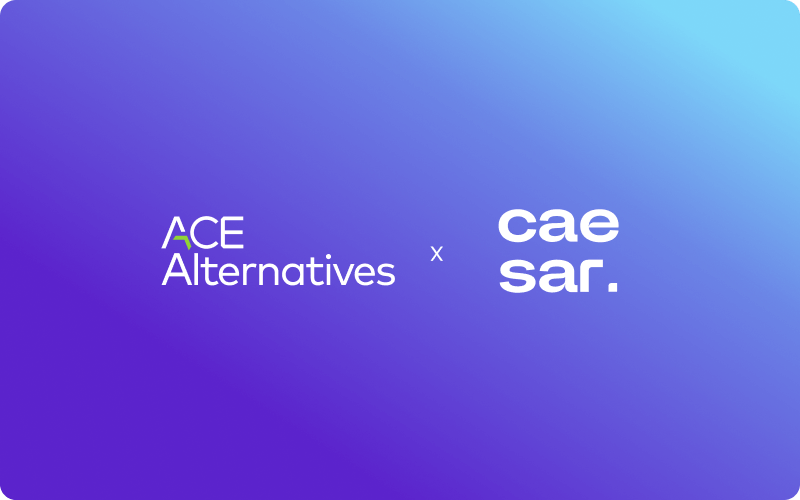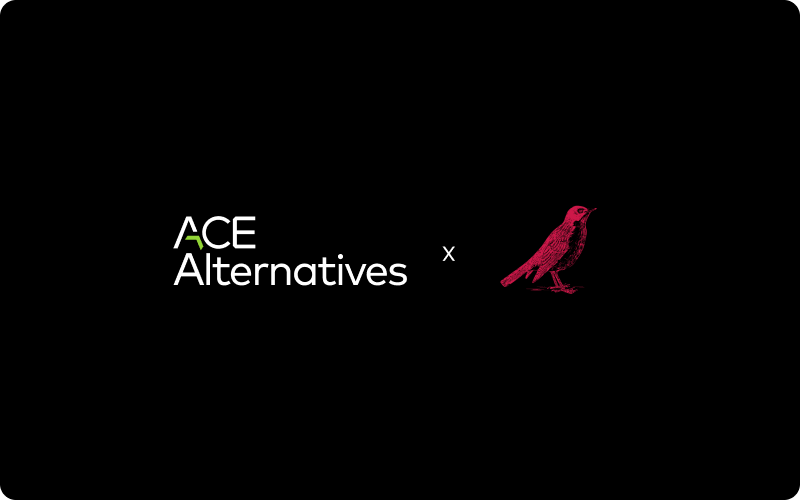COGNITIVE BIAS
Why only 1% of entrepreneurs succeed more than once?
Published date: 23 September 2024 | 5-Min Read
One of the most persistent challenges in the world of alternative asset investing is navigating cognitive biases, particularly the illusion of skill.
This bias can lead an investor to overestimate their own abilities or those of „star“ founders, assuming past successes will naturally repeat.
While we’d like to think our judgment and experience guarantee results, the reality is far more complex—luck and timing often play much bigger roles than we acknowledge.
Take the case of serial entrepreneurs like Elon Musk or Richard Branson.
Many assume that hard work, talent, and strong networks are enough to guarantee repeated success. Yet only a small percentage of founders succeed in building multiple successful companies. The majority of entrepreneurs find that their subsequent ventures struggle.
Why?
Because business success often hinges on external factors—market conditions, timing, and sometimes sheer luck—more than on skill alone.
As an alternative asset investor, it’s easy to assume a founder’s previous win ensures future success, but this isn’t always the case.
What is the illusion of skill?
The illusion of skill can be defined as the tendency to overestimate our ability or expertise in influencing outcomes, even when those outcomes are primarily determined by chance.
The illusion of skill in Alternative Asset Investing occurs when investors believe that past achievements—especially in volatile fields like business and investing—are strong indicators of future performance.
This bias leads us to overvalue founders or fund managers with impressive track records, assuming their success stems from superior skill. In reality, factors like market timing, economic trends, and even luck often have more influence than we realize.

Dunning-Kruger Effect: Confidence vs. Skill in Investment Decisions
The Knowledge/Skill vs. Confidence graph, often used to illustrate the Dunning-Kruger effect, shows how individuals with limited experience tend to overestimate their abilities, while those with deeper expertise may initially underestimate their skills.
Early on, confidence is high despite a lack of knowledge, leading to overconfidence in one’s abilities. As individuals gain more experience and realize the complexity of a subject, confidence dips before eventually rising again, this time more aligned with their true level of skill.
For venture capitalists, this dynamic mirrors the illusion of skill, where early success can lead to overconfidence in one’s ability to pick winners, disregarding the role of luck and external factors.
As investors gain experience, they begin to understand that success is influenced by timing, market conditions, and other forces beyond their control. Recognizing these complexities encourages a more balanced, humble approach to decision-making, rather than over-relying on past successes or star founders.
Past success vs. future guarantees
Venture capital often operates under the power law—where a small number of investments produce the majority of returns. This fuels the trap of overconfidence in star managers or well-connected founders, where we assume their past success ensures future wins.
However, just like in asset management, a few big wins can mask the role of chance.
A classic example is Masayoshi Son, founder of SoftBank.
Son’s early investment in Alibaba transformed a $20 million stake into a $60 billion fortune, cementing his reputation as a star investor. This success led to the creation of the $100 billion Vision Fund, with investments in high-profile companies like WeWork and Uber.
However, some of these investments—most notably WeWork—failed to meet expectations, demonstrating that past success doesn’t guarantee future results. Many of Son’s bets were based on the assumption that his initial success would continue, when luck and timing played a significant role in Alibaba’s rise.
The illusion of skill leads investors to overlook warning signs, as was the case with WeWork. Son’s prior success blinded many to the fundamental flaws in the business model.
It’s a reminder that even star managers can’t consistently predict winners in an uncertain market, where external forces and the unpredictable nature of the power law dictate outcomes.
Illusion of skill in private equity
A similar dynamic plays out in private equity, where firms with a few successful exits tend to attract large amounts of capital. An example is KKR’s investment in Energy Future Holdings (EFH), one of the largest leveraged buyouts in history.
Despite KKR’s strong track record, EFH filed for bankruptcy in 2014, largely due to unforeseen market conditions. Investors assumed KKR’s previous success would translate, failing to account for external factors like falling natural gas prices, which devastated the coal-heavy business.
To avoid falling victim to the pattern recognition bias, investors should:
- Conduct thorough due diligence on various factors
- Diversify investments across the portfolio
- Consult with niche experts
- Factor in the inherent risk of uncertainty
- Recognize and adapt to changing market conditions
- Allocate appropriate capital without simply doubling down on past winners, considering future potential instead
- Avoid believing intuition or experience alone gives a unique edge in predicting high-risk investments
- Don’t downplay the inherent risks and focus solely on potential rewards
- Avoid downplaying inherent risks by focusing solely on potential rewards.
- Seek out diverse viewpoints and evidence, even if it challenges existing beliefs
How ACE Alternatives can help you
Illusion of skill bias is a subtle but powerful cognitive force that can significantly shape our decision-making in ways we might not even realize.
Whether in investing, negotiations, or daily life, being anchored to an initial piece of information can lead to skewed judgments and less-than-optimal outcomes.
However, by recognizing this bias and adopting strategies to counteract it, we can make more rational, informed decisions, ultimately driving better results.
ACE Alternatives recognizes this and empowers fund managers with advanced tools and real-time insights.
Sources:
Rolf Dobelli, “The Art of Thinking Clearly” (2013)
About ACE Alternatives
ACE Alternatives (“ACE”) is a leader in managed services in the Alternative Assets sector like venture capital, private equity, fund of funds, real estate, and more. Leveraging a proprietary tech platform and extensive industry experience, ACE offers 360 degree tailored solutions for fund administration, compliance and regulatory, tax and accounting, investor onboarding and ESG needs.
The fintech was founded in Berlin in 2021 and has since established itself as one of the fastest growing alternative investment fund service providers in Europe. ACE is currently used by over 45 funds. In 2024, ACE received seven-figure funding from Bob Kneip to expand into new markets. ACE’s vision is to redefine fund management by demystifying complexities and promoting transparency.



